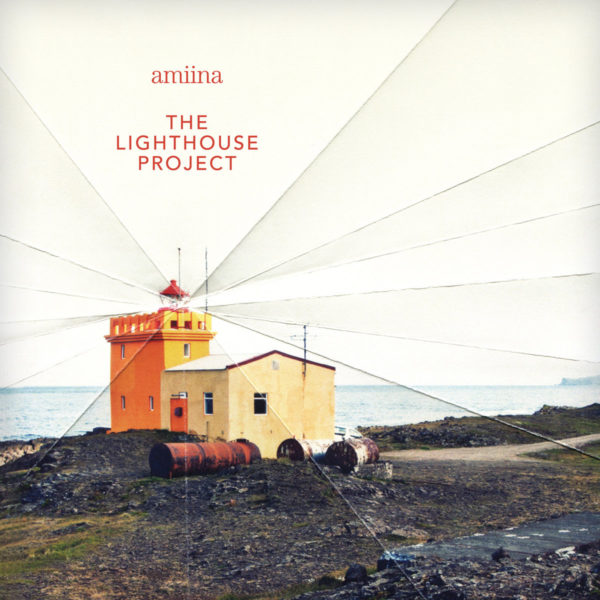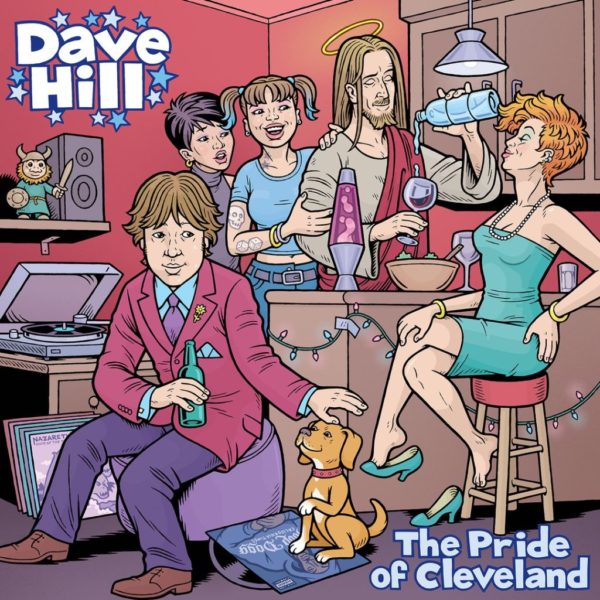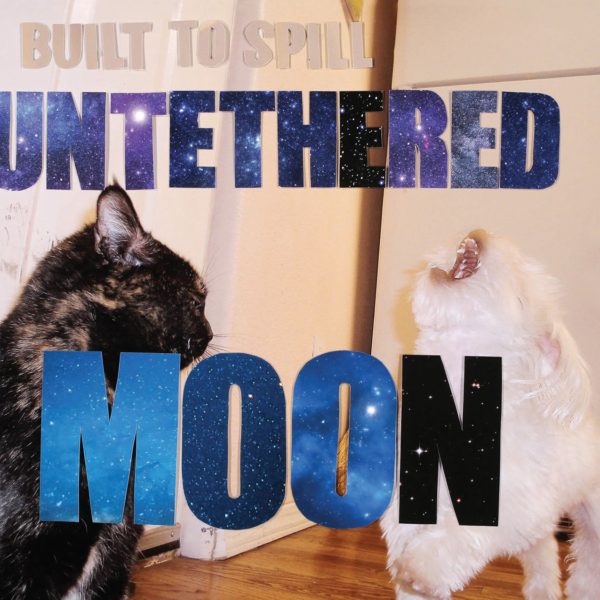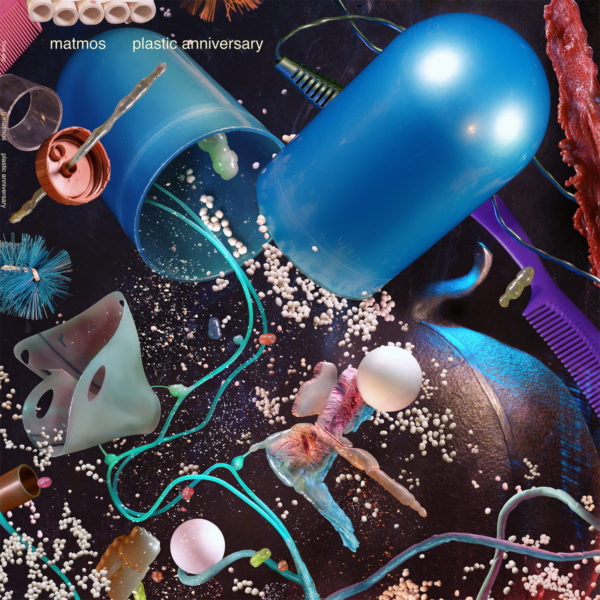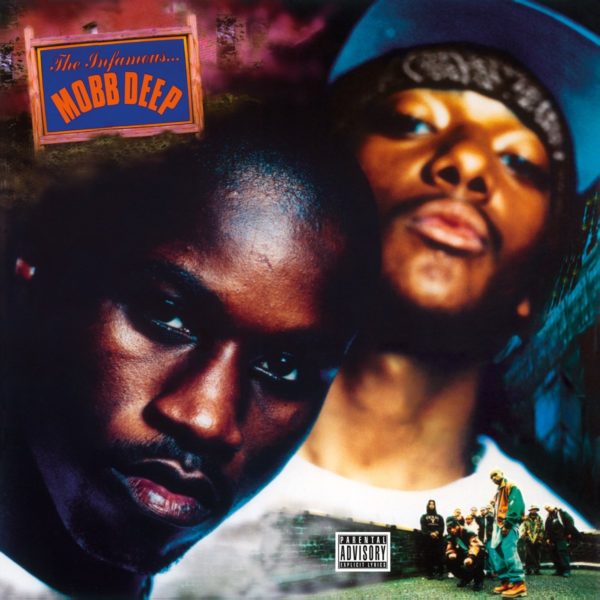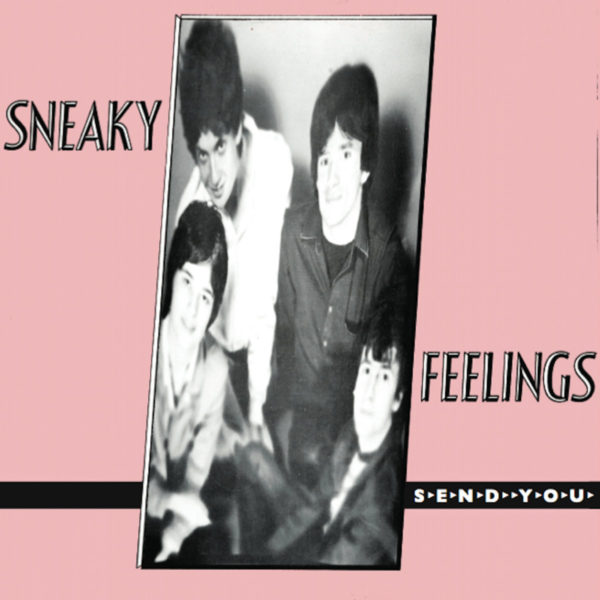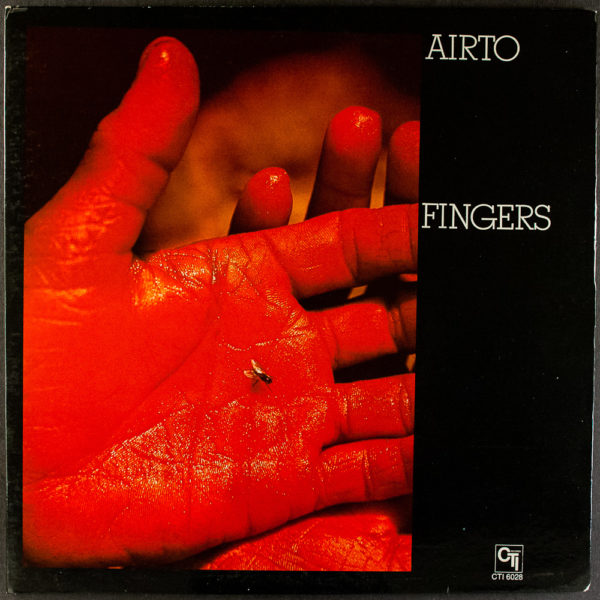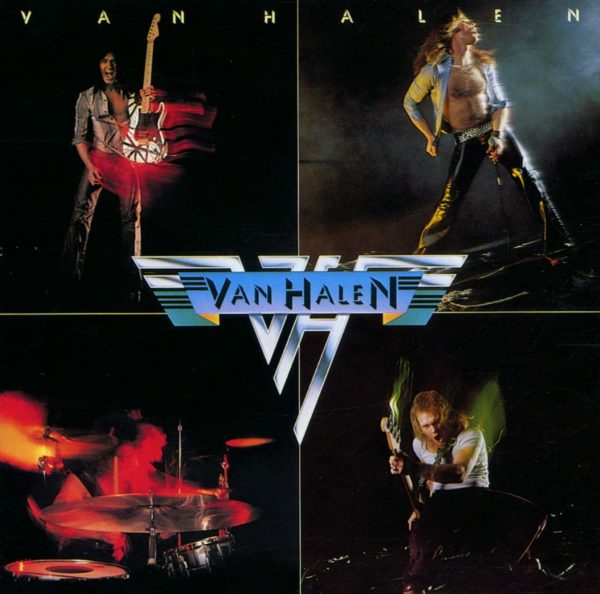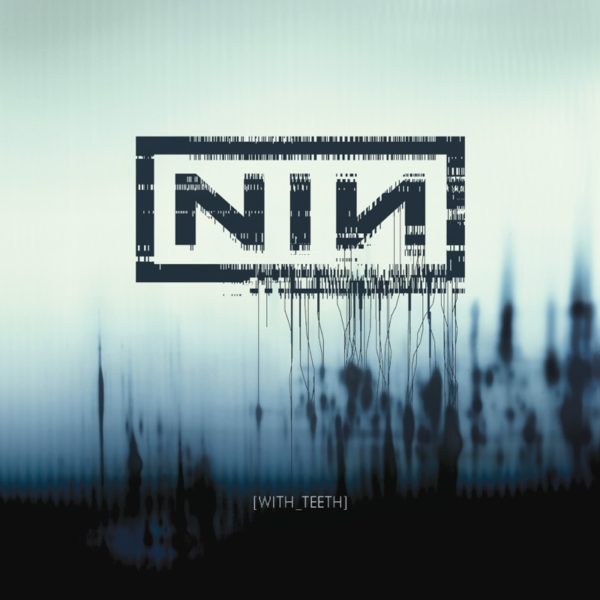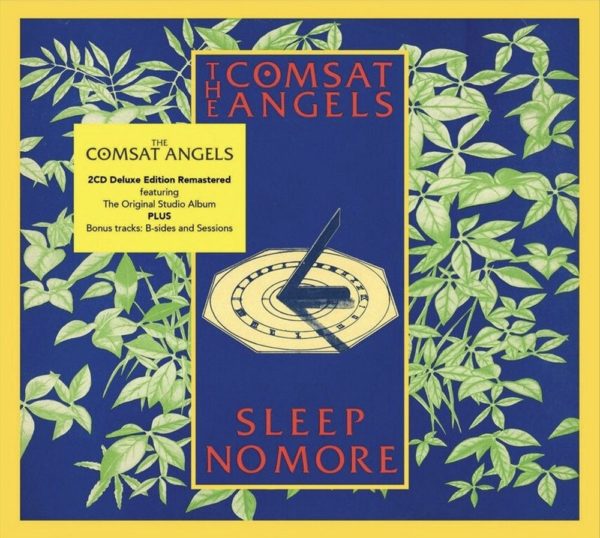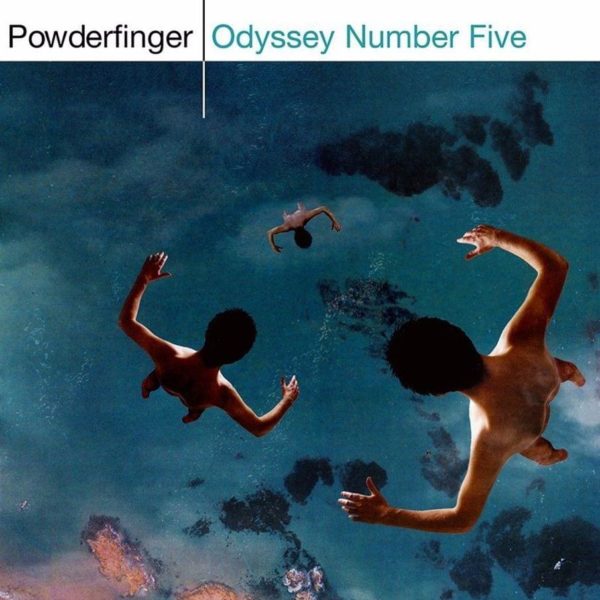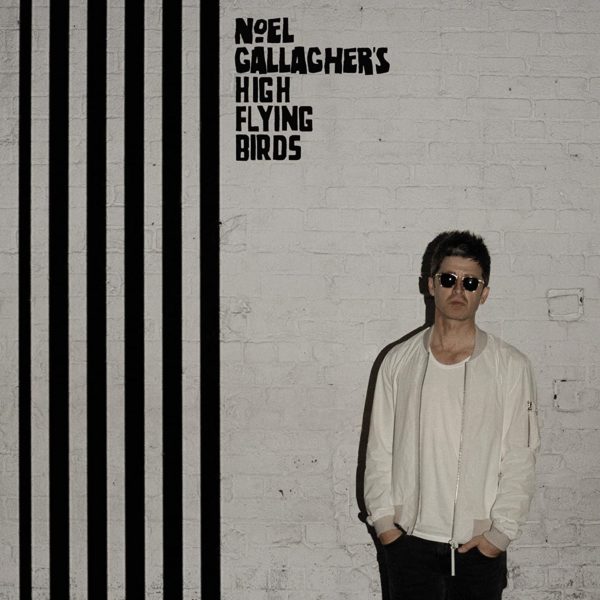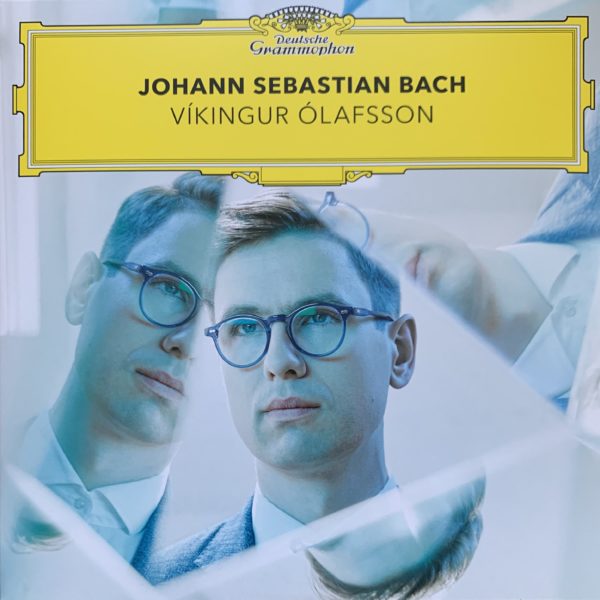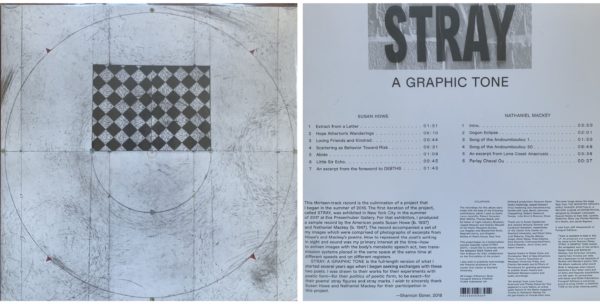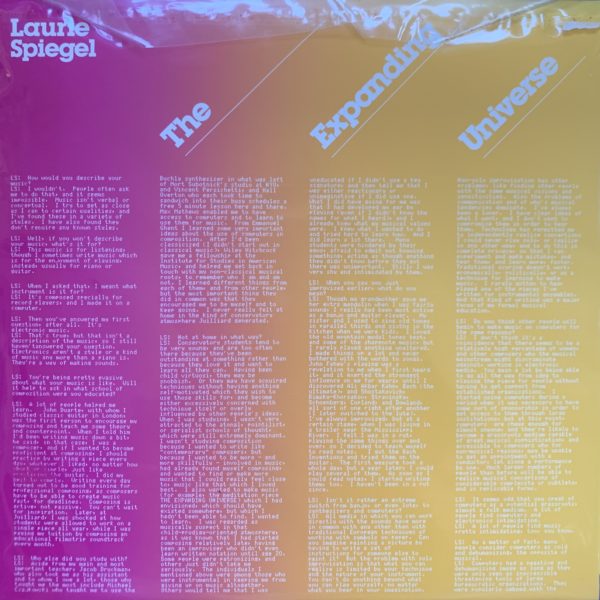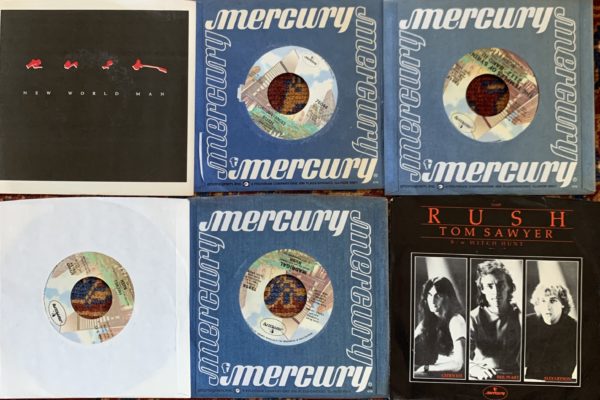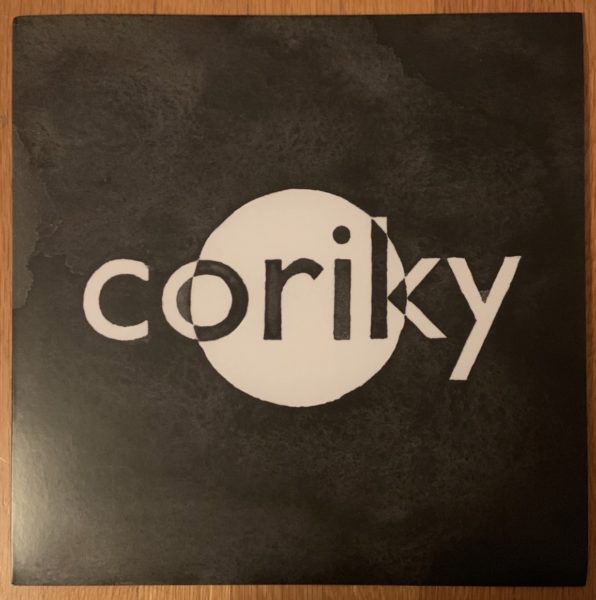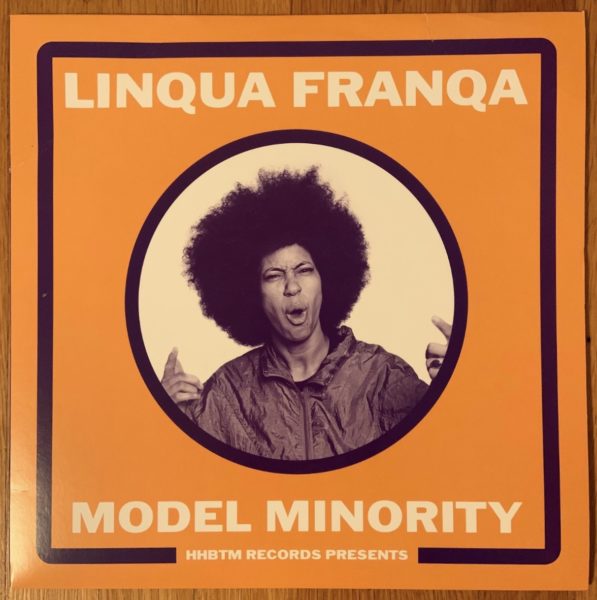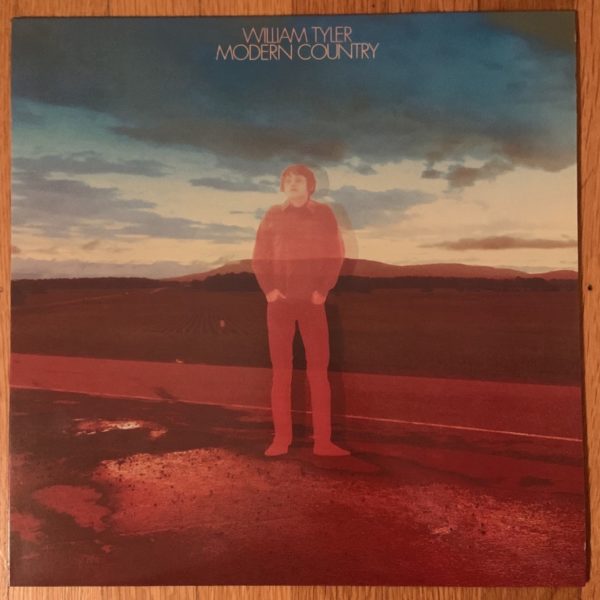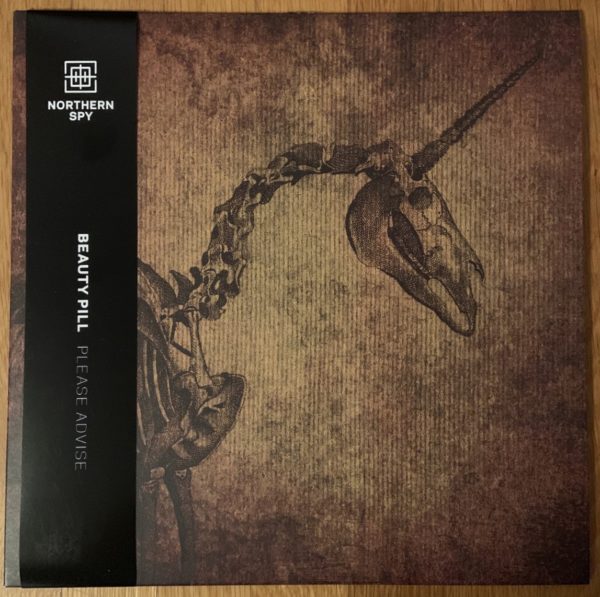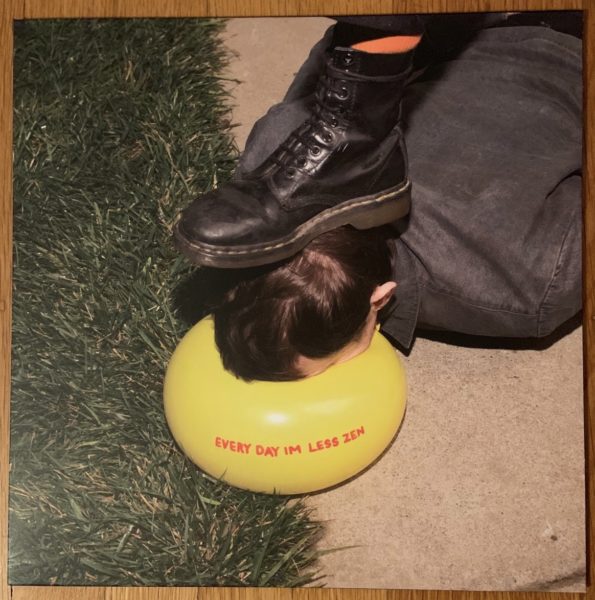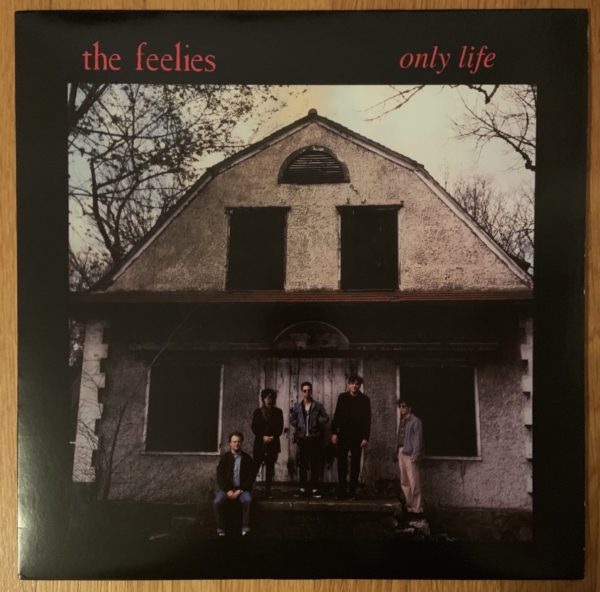[You can hear Tierney’s music here.]
Eels, Shootenanny!: I am, as they say, a “big fan” of this band. One of the books that I was excited to finally read this summer was Mark Everett Oliver’s devastatingly deep autobiography Things the Grandchildren Should Know. Coincidentally, I had also watched a series that was suggested to me called Love, and was pleasantly surprised to see that “E” was acting in it as (what I can only assume after learning about his life) a version of himself. Needless to say, these events took me down a path to dig deeper into the albums that I had not fully immersed myself in yet, and for whatever reason (probably the intimidating catalog), I never really got around to this one. But, as any admirer would know, the two main ingredients that make up a strikingly good Eels song are genuine, dry wit mixed with a simple melody that you wish you came up with… and this delightful concoction happens all throughout Shootenanny!.
Amiina, The Lighthouse Project: When touring was still a thing, there were a few albums that I would rotate whenever I needed a relaxed or meditative escape from being in a car or on a plane for hours at a time. Or just touring in general. The Lighthouse Project by the Icelandic group, Amiina, was one that was on automatic repeat. Aside from almost knocking me out (I’m cursed with not being able to sleep in moving vehicles), on a musicality level, I think that they’re absolute masters of simplicity and negative space. They’re able to create these beautiful, perfectly sparse instrumentals using only a minimal amount of instruments like glockenspiels, saws, atmospheric synths, and my favorite, a Rhodes. While I’ve mourned the idea of touring for the foreseeable future, I’ve luckily been able to transfer the calming effect of this music to my quarantime with great results.
Dave Hill, The Pride of Cleveland: Pride! That’s what I feel knowing that I am associated with one of the funniest and most hardworking people on the planet. Dave’s new live comedy album is out now and I would be a terrible friend if I didn’t mention it. All you need is an hour and the slightest knowledge of NYC to enjoy it (which should qualify pretty much everyone)… and maybe a sense of humor. That would help.
Built To Spill, Untethered Moon: I suppose that I should thank the Spotify robot that had the incredible but creepy intuition to include “Another Day” on a playlist that was made, apparently, for me… which again, is kinda creepy. Otherwise, I may not have ever heard my most-played album of 2020. One of the aspects that I love about this band is the use of layering. Doug Martsch has a way of tastefully blending organs, synths, and other textures with his unique brand of guitar playing, that transforms into something bigger than the sum of its parts. I got the same feeling of excitement when this song came over my little pink kitchen radio as I did when I heard Keep It Like a Secret for the first time. Dare I say that this may be my favorite album of theirs, if it’s even possible to pick a favorite…
Matmos, Plastic Anniversary: I’ve admired this experimental electronic duo-couple from Baltimore for a while now, ever since I learned that they were enlisted to work on Bjork’s Vespertine. Apart from deeply focusing on my own demo playbacks, I couldn’t tell you when I last sat down and solely listened to music without any other distractions. But what I can say is that I haven’t heard anything this exciting in a while. Plastic Anniversary‘s sounds were made entirely with recycled plastics, and the record is anything but sterile or synthetic. Utilizing everything from dominoes to PVC pipe, implants, and bubble wrap, it’s best enjoyed when the listener can be fully submerged in the ASMR-like effects via headphones. One of my favorite tracks, “Breaking Bread”, was built from sampled fragments of broken vinyl by the 70’s rock band, Bread. Crazy! There are also contributions from real-life Animal-drummer, Greg Saunier, and members of a high school drumline playing garbage cans. And on top of all of that, the album’s other overarching theme is meant to be an environmental statement on the world’s intense relationship with the pervasive material, with a hopeful call for change.
Mobb Deep, The Infamous: I’m sort of embarrassed to say that as many times as this album has passed through my fingertips during my almost 20-something years as a record store clerk, the only time I ever took the CD out of the jewel case was to check the condition for resale. But thanks to a recent episode of Song Exploder, I was instantly drawn to the haunting “Shook Ones, Pt. II” and it’s backstory, and needed to find out more. I’ve always loved an eerie piano line, and The Infamous is chock full of similar, dark musical bits ingeniously sampled and detuned from the likes of Herbie Hancock and Quincy Jones, who were contemporaries of Prodigy’s musically successful relatives. The album feels more like a tragic documentary with a cinematic score more than anything, and the raw lyrical content forces you to step outside of yourself to try and imagine what it might be like to live in impoverished Queens in the mid 90’s. It’s a life that most of us will never know or be able to relate to, and is unfortunately, still relevant in black communities today, making this an even more important listen.

